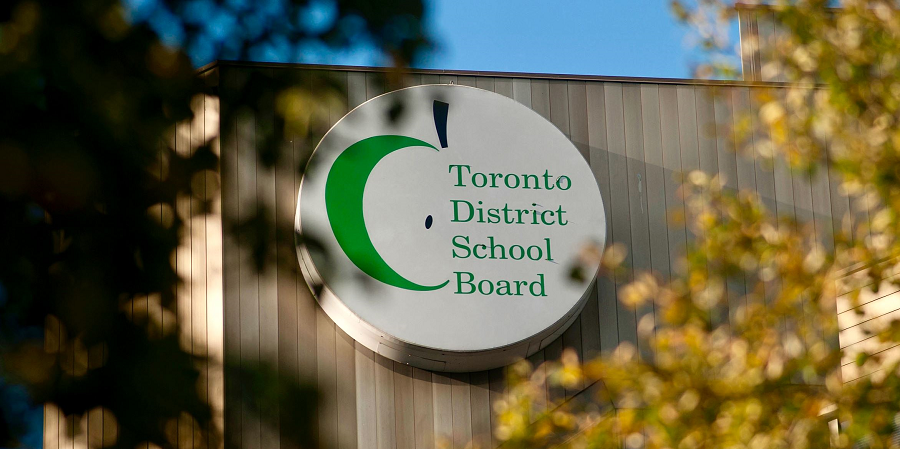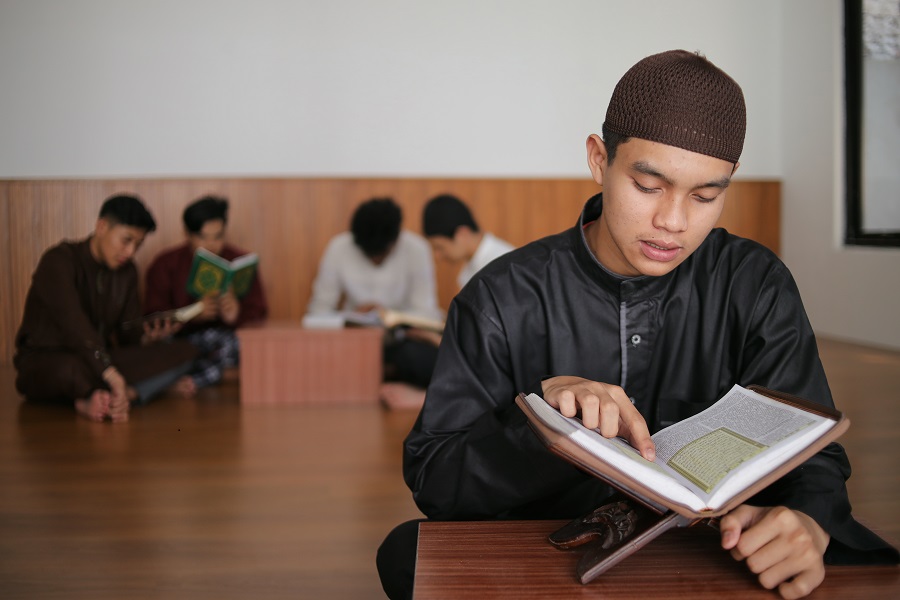By Sheikh Muhammad Saleem Dhorat
Children are a Blessing
Being gifted with children is a great blessing from AllÄh ta'ÄlÄ. For any blessing we receive we need to do shukr, i.e. be grateful to AllÄh ta'ÄlÄ. True shukr meets the following requirements:
1. Realise the blessing is the result of the Grace of AllÄh ta'ÄlÄ and that it has come to you without your being deserving of it.
2. Acknowledge your gratitude in your heart and express it verbally as well.
3. Use the blessing in the way AllÄh ta'ÄlÄ wants you to, and observe the rules and limits He has set for it.
As with all blessings, AllÄh ta'ÄlÄ has set rules and limits regarding the blessing of children too, e.g. when to be lenient, when to reprimand, what to teach them, what to keep them away from etc. Following these rules when dealing with children is called ta'lÄ«m and tarbiyah.
Giving children correct ta'līm and tarbiyah is a major responsibility of parents. If they fail to make proper arrangements for the ta'līm of their children and do not give them proper tarbiyah, they will face severe questioning on the Day of Reckoning. Failure to provide children with ta'līm and tarbiyah is failure to do shukr for the blessing of children.
Sending children to madrasah from the age of five to the age of twelve and completely handing over the responsibility of ta'līm and tarbiyah to their teachers is not sufficient or satisfactory. Even after enrolling their children in a madrasah, parents need to keep abreast of how they are learning and how their conduct and character are forming.
How Much Ta'līm?
Every child needs to be educated to the extent that he/she becomes aware of all the questions of halÄl and harÄm that are likely to confront an average person in life. Every child should know what is fard and wÄjib and what is optional, and the difference between makrÅ«h tahrÄ«mÄ«, which entails sin, and makrÅ«h tanzÄ«hÄ«, which does not.
In addition to this, every child needs to understand that when confronted with any situation in life that he/she has no knowledge about then a qualified 'Älim or muftÄ« needs to be consulted. The masÄ'il related to business are an example: they are not taught as standard, for every child will not need them, but when a child grows up to become a businessman he needs to acknowledge the need to consult a muftÄ« at every step in order to learn the masÄ'il of business.
Where to Obtain 'Ilm
"Truly this 'ilm is DÄ«n, so be careful from whom you take your DÄ«n." (Muslim)
In today's age in particular, when authentic and inauthentic 'ilm are both widespread, correct ta'lÄ«m is essential. People nowadays resort to the internet if they want to know something and google provides them with masses of information on the masÄ'il they are looking for, without any check on authenticity. Part of ta'lÄ«m is to instruct children in the correct avenues for acquiring 'ilm.
In IslÄm, great importance is given to the chains of teachers and students that go back to the fountainhead of 'ilm, RasÅ«lullÄh sallallÄhu 'alayhi wasallam. When the source of 'ilm is authentic, the 'ilm taken from that source will also be authentic; therefore, the source of 'ilm should be someone linked to a chain of authentic teachers and who is regarded as authentic by the contemporary 'ulamÄ.
Tarbiyah
Tarbiyah means training your children's minds and hearts in such a way that they live their lives according to the ta'lÄ«m they receive. It is not enough, for example, just to teach them that alcohol is harÄm; it is also necessary to nurture within them love for AllÄh ta'ÄlÄ and His commands and fear of His displeasure and Jahannam, so that a genuine desire not to displease AllÄh ta'ÄlÄ and fear of the consequences of their actions are what drive them to abstain from alcohol. Without this sort of tarbiyah, youngsters will know that alcohol, drugs, zinÄ, theft etc. are harÄm yet still indulge in them. So ta'lÄ«m and tarbiyah are two distinct things.
Take the example of salÄh. A child of seven receives the ta'lÄ«m that salÄh five times a day is fard, and his father also makes him go with him to the masjid for salÄh regularly. Then when the child reaches his teens he stops going for salÄh. The father complains that his child used to be so good and has suddenly turned bad, whereas it is the failure of the father to do tarbiyah of his child's mind and heart about salÄh that is the real cause of the child abandoning salÄh after reaching the age of independence.
The Power of Tarbiyah
Tarbiyah should result in children never opposing the 'ilm they learned, no matter what the circumstances. They should have the message firmly ingrained in their minds that AllÄh ta'ÄlÄ is the One who controls benefit and harm, and to obey Him is to please Him and to disobey Him is to displease Him. And seeing as He controls benefit and harm, it is not possible for someone to lose out by pleasing Him, whatever the circumstances, even though the intellect may argue differently.
An episode from the life of Shaykh 'Abd-ul-QÄdir JÄ«lÄnÄ« rahimahullÄh sufficiently illustrates this point. His mother did his tarbiyah properly and one of the points she stressed to him was to always tell the truth and never lie. She then sent him away to study 'ilm, cleverly sewing some money into his clothing so that it would not be stolen on the journey. He did run into bandits on the way though, and when they asked if he had anything valuable he told them he had money and where it was hidden. When the chief of the bandits asked him why he had admitted he had money, he said simply that his mother had taught him always to tell the truth, for it pleases AllÄh ta'ÄlÄ.
ShaytÄn always tricks people by telling them of all the potential harms of telling the truth and the potential benefits of lying, but the tarbiyah of his mother meant he understood that benefit can only come from obeying and pleasing AllÄh ta'ÄlÄ. The bandits were greatly moved and repented.
Some Advice on Tarbiyah
In order to do tarbiyah properly, parents should show love to their children, be their friends, give them rewards for good behaviour and sit and talk with them. They should read stories of our pious predecessors to them and also take them into the company of the 'ulamÄ and mashÄyikh.
If a child makes a mistake, parents should not ignore tarbiyah and just suffice with a reprimand. Today's mistakes, if left untended, will grow and grow. If, for example, a child tells a lie then the parents should understand that the sickness of lying is in the child's heart and will not be removed by just shouting or getting angry with the child. Concerned parents should refer to the experts, the mashÄyikh, for a solution. If the sickness is not cured through tarbiyah then the child will go on lying, only in ways that his parents will not detect.
Finally, it should be understood that being harsh and overly strict with children is not tarbiyah. Love is what is needed. If children are treated with love 90% of the time then on the rare occasions parents do get angry for some reason the child will feel ashamed rather than resentful.
May AllÄh ta'ÄlÄ grant all parents the ability to be truly grateful for the great blessing they have been given in the form of children. And may He also grant them the ability to fulfil the requirements of shukr by ensuring that ta'lÄ«m and tarbiyah are properly carried out. Ä€mÄ«n.
© RiyÄdul Jannah (Vol. 18 No. 4)







